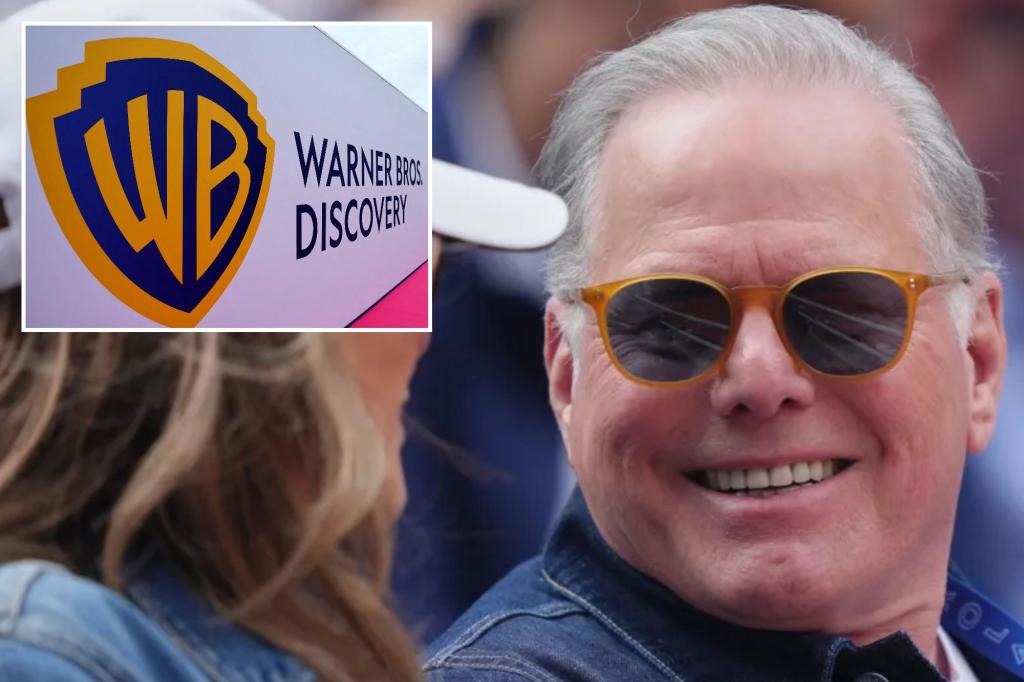Warner Bros. Discovery is splitting into two separate companies — a dramatic shakeup that will create one division focused on streaming and Hollywood blockbusters and the other on cable TV and global networks.
The company is trying to adapt to a world where cable TV is fading fast and streaming is king.
One company — tentatively called Global Networks — will hold familiar cable channels like CNN, TBS and TNT as well as international assets and the Discovery+ streaming service.
It will also own sports content like Bleacher Report.
The other company — Streaming & Studios — will include HBO Max, Warner Bros. movie studios and its television production arm, which makes popular shows and films.
Warner Bros. Discovery said this move will make both companies stronger by allowing each one to focus on what it does best. It also believes investors will value the separate companies more than the combined one.
Warner Bros. Discovery CEO David Zaslav said the move is aimed at “empowering these iconic brands with the sharper focus and strategic flexibility they need to compete most effectively in today’s evolving media landscape.”
This change is essentially a reversal of the 2022 merger between Warner Media (then owned by AT&T) and Discovery Communications — a deal that aimed to create a content powerhouse spanning prestige films and unscripted reality TV.
Traditional cable TV is rapidly losing viewers as people switch to streaming platforms like Netflix, Amazon Prime Video and Disney+.
Revenue from cable subscriptions is shrinking, and advertising dollars are following suit.
Warner isn’t the only company reacting to this shift. Comcast is also spinning off its cable networks into a separate company called Versant by the end of the year.
In the first three months of 2025, Warner’s cable network revenue dropped 6% from the same period last year — yet those networks still brought in more money than any other part of the company.
Even so, investors and analysts see the writing on the wall: cable is on the decline.
Zaslav will stay on as the head of the new Streaming & Studios business, while current CFO Gunnar Wiedenfels will take over as CEO of Global Networks.
Zaslav has been under pressure lately. Since Warner Bros. Discovery was formed, its stock has fallen nearly 60%.
Last week, 59% of shareholders voted against his massive $51.9 million pay package for 2024 — a strong sign of investor frustration.
Earlier this month, the credit agency S&P Global downgraded Warner’s debt to “junk” status, citing concerns about the declining cable business. In simple terms, that means investors see the company’s debt as risky.
Warner Bros. Discovery is carrying around $34 billion in debt, much of it taken on during the original merger. A big chunk of that debt will remain with Global Networks.
To manage the split, the company secured a $17.5 billion short-term loan from JPMorganChase, which the two new companies will help pay off by issuing new debt of their own.
Global Networks is expected to use earnings from its 20% stake in Streaming & Studios to chip away at what it owes.
The company says this breakup will help both businesses grow and even make room for new deals or acquisitions.
“The separation will enable both companies to focus on their strengths,” Wiedenfels said.
